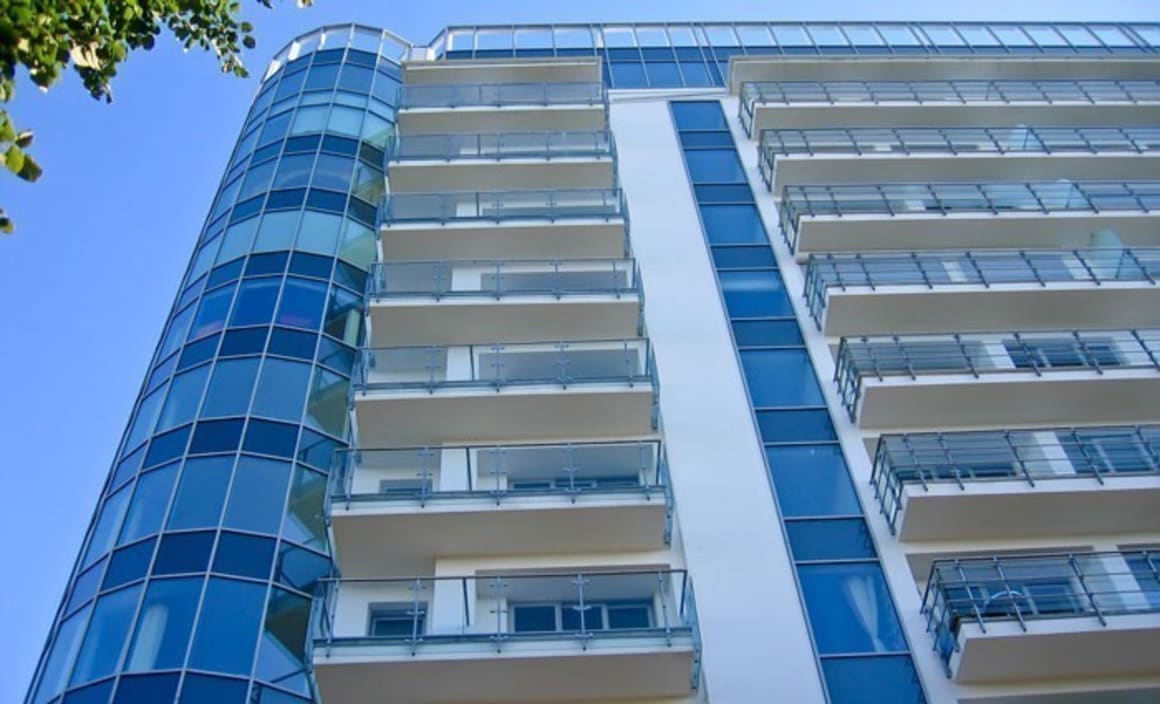Slowing apartment market to hit economy, cautions Triguboff

The apartment market slowdown is growing and is likely to hit the economy hard if not checked, says the country’s biggest apartment builder and BRW rich lister Harry Triguboff.
The Meriton Group founder said the number of new apartments sold had dropped and prices were down by 10 per cent over the past six months.
China’s restrictions on capital flows out of the country, tightening of lending by Australian banks to foreign investors and increased regulatory oversight is affecting the apartment market.
“The falling prices will have a big impact on the economy,” Triguboff told The Australian.
He called on the federal and state governments to review their policies on taxing foreign investors and to expand policies on accessing superannuation for housing.
While there was a increase in the number of first-home buyers during July on the back of state government grants to reach their highest level in four years, Triguboff said this would not replace the loss of offshore and local investors and would result in less long-term rental stock being built.
Triguboff owns 8,000 long- term rental and serviced apartments in Sydney, Brisbane and the Gold Coast.
Both the volume of apartment sales and prices were dropping as Sydney’s five-year housing boom cooled, but rents were still slowly rising, Triguboff said.
“The big question is whether the government will allow prices and volumes to go down before they start helping,” Triguboff said.
“Australians could lose an enormous amount of wealth.”
Slow wages growth, along with changing demographic trends where young people challenged by housing affordability were staying longer with their parents or were sharing, was also weighing on new construction, he said.
Encouraging people to move to capital cities other than Sydney and Melbourne would help affordability and national economic growth, he added.
“People want to live in big cities where there is more opportunity, more variety, more fun,” Triguboff said. But cities like Brisbane needed to attract more people to spur economic growth.
Despite the slowing market, Triguboff recently sold 1000 units and another 1000 will settle in the next few months.